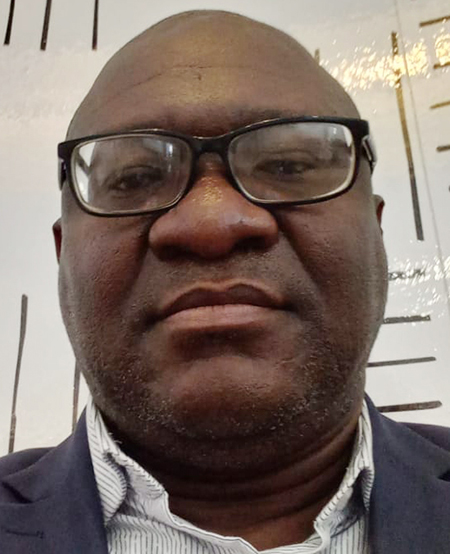The research niche area Indigenous Language Media in Africa (ILMA) at the North-West University (NWU) is embarking on a three-year research project to assist South Africa’s struggling indigenous language media.
The past few years have seen massive closures and restructuring of media houses in South Africa, partly due to the introduction of digital platforms and social media, leading to a steady decline in advertising revenues and circulation.
“This trend has put more strain on indigenous language media that were already struggling due to factors such as lack of patronage, financial constraints and the move to digital platforms,” says Prof Abiodun Salawu of the ILMA.
Against this background, the ILMA decided to conduct several studies on the sustainability of the African indigenous language media.
Prof Salawu says the studies will be financed by a R735 000 research grant from the Competitive Programme for Rated Researchers (CPRR) of the National Research Foundation. This is the second CPRR grant the ILMA has won and is in addition to bursaries for students who will do their studies in the project.
The three-year grant will finance six honours-degree students, four master’s-degree students, two PhD students and a postdoctoral fellow who will conduct studies on the development and sustainability of African language media. The project runs from 2022 to 2024.
Prof Salawu says the research is seeking to find out why businesses in the African language press are unstable and what can be done to develop African language journalism into profitable, quality products.
“We also want to look at how indigenous languages can be intellectualised and developed so that indigenous language newspapers can sufficiently cover beats in science and technology, business, finance and economy, and explain these concepts clearly,” he says. The ILMA will engage and work with the industry during this process.
The project will also investigate what effect digitisation can have on the profitability or otherwise of African language media.
“The indigenous language press is dying. The publications that are not dying are struggling. To survive, the African language press practises sensational journalism.
“Most publications that started as indigenous language press have changed to the English language but have kept the title in an African language, or they have closed down. We want to come up with solutions on how to change this. We also want to determine what kind of business models can be adopted to make these indigenous language publications sustainable,” adds Prof Salawu.

Prof Abiodun Salawu
